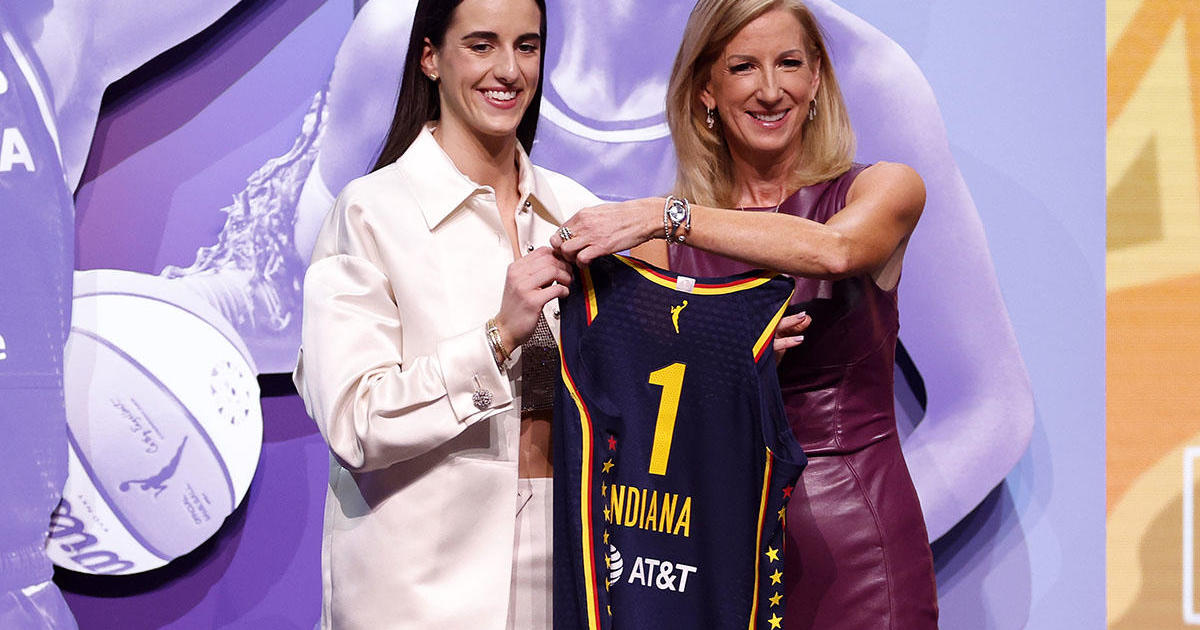Clean Up Those Credit Cards!
BOSTON (CBS) - Credit management usually makes the top 3 on everyone's list. According to Fair Isaac, the company that created the credit score, on average, today's consumer has a total of 13 credit obligations on record at a credit bureau.
These include credit cards (such as department store charge cards, gas cards, or bank cards) and installment loans (auto loans, mortgage loans, student loans, etc.). Of these 13 credit obligations, 9 are likely to be credit cards and 4 are likely to be installment loans.
How many cards do you have? Can you name what's in your wallet? If the answer is no, you have too many cards. You probably don't need more than two cards. Yeah, I know you get some great deals with the gas cards, department store cards and frequent flyer miles cards.
But unless you are a really, really a big spender it will take you an eternity to reap any real rewards from so many cards.
Pare down the number of cards you have. Pay them off, stop using them, take them out of your wallet and then consider canceling them. I did say consider canceling them. Your credit score uses a very complicated formula to come up with a simple number that creditors can use to judge your credit worthiness.
Part of that score is the percentage of credit you use each month to the amount of credit you have available. The key is not to be maxed out on your credit cards. If canceling your cards puts you at risk here do not cancel until you have an increase in your limit.
Start by looking at the cards you've had the longest. You want to keep those. Longevity is a plus on your credit score. Ask for an increase on your limit with these cards. Usually a phone call to the card company will get you an increase. Once this is done cancel a few of the cards. Check your credit score again. Then cancel the rest.
This may be a slow process if you need to keep your credit score intact.
If you have a lousy credit score, pare down to the two cards you have had the longest, cancel the rest and work on building up your score. A good score is one over 740. Score range is 300 to 850. The higher your credit score the lower your interest rate on a loan.
The easiest ways to increase your credit score is to make payments on time and not max out your credit cards. Check with My Fico and How Stuff Works for more tips on improving your score.
Be leery of any website offering you a free credit score for they often have a hidden agenda in getting you to sign up for credit monitoring. For a cost of course!
One more thing: The three major reporting agencies are: Experian, Equifax and Transunion. To purchase your credit score you can go directly to their websites. But listeners have told me they have become confused and have actually purchased more than just their credit score.
I would recommend if you are looking to buy your credit scores that you use My Fico and purchase the FICO Standard which gives you credit scores from Equifax and Transunion plus your credit history. Experian no longer shares its credit scores with FICO. Cost is $15.95 each.



